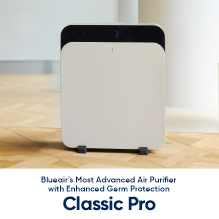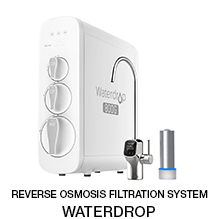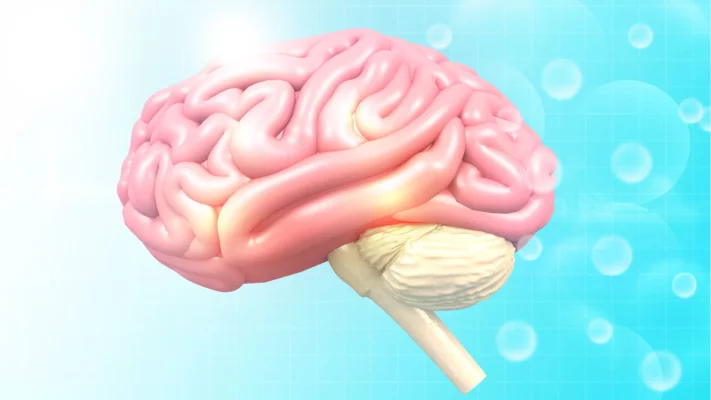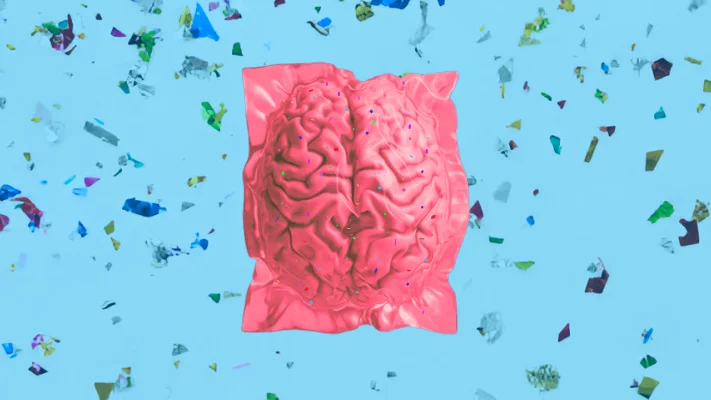- Brain decline accelerates around age 44 and again at 67, due to energy metabolism shifts and insulin resistance in neurons.
- Diet, supplements, and exercise help, especially those rich in B vitamins, omega-3s, and fermented foods.
- Polluted air is linked to faster cognitive decline, making clean indoor air crucial for long-term brain health.
- Tools like air purifiers and steam cleaners can reduce harmful particles and toxins at home—protecting both lungs and the mind.
We often think of aging as a slow and steady process—but when it comes to the brain, it turns out that cognitive decline happens in sudden waves, not a gentle slope. According to a new study published in the Proceedings of the National Academy of Sciences (PNAS), the brain undergoes three major shifts in function and energy metabolism—at approximately age 44, age 67, and age 90.
So what happens at these specific ages, and more importantly, what can we do to protect our brain health before and during these critical windows?
How the Study Was Done
The researchers from Weill Cornell Medicine and other institutions analyzed over 120,000 brain scans from more than 100 studies using FDG-PET imaging, a technology that measures how different parts of the brain metabolize glucose. What they found was striking: the brain doesn’t age gradually. Instead, it undergoes distinct transitions, with the first steep decline occurring in the early-to-mid 40s, followed by a sharper drop in the late 60s, and a final slowing or plateau around age 90.
This decline reflects a reduction in brain network efficiency, which is crucial for memory, processing speed, and overall mental sharpness. One suspected root cause? Neuronal insulin resistance, which impairs how brain cells access energy from glucose.
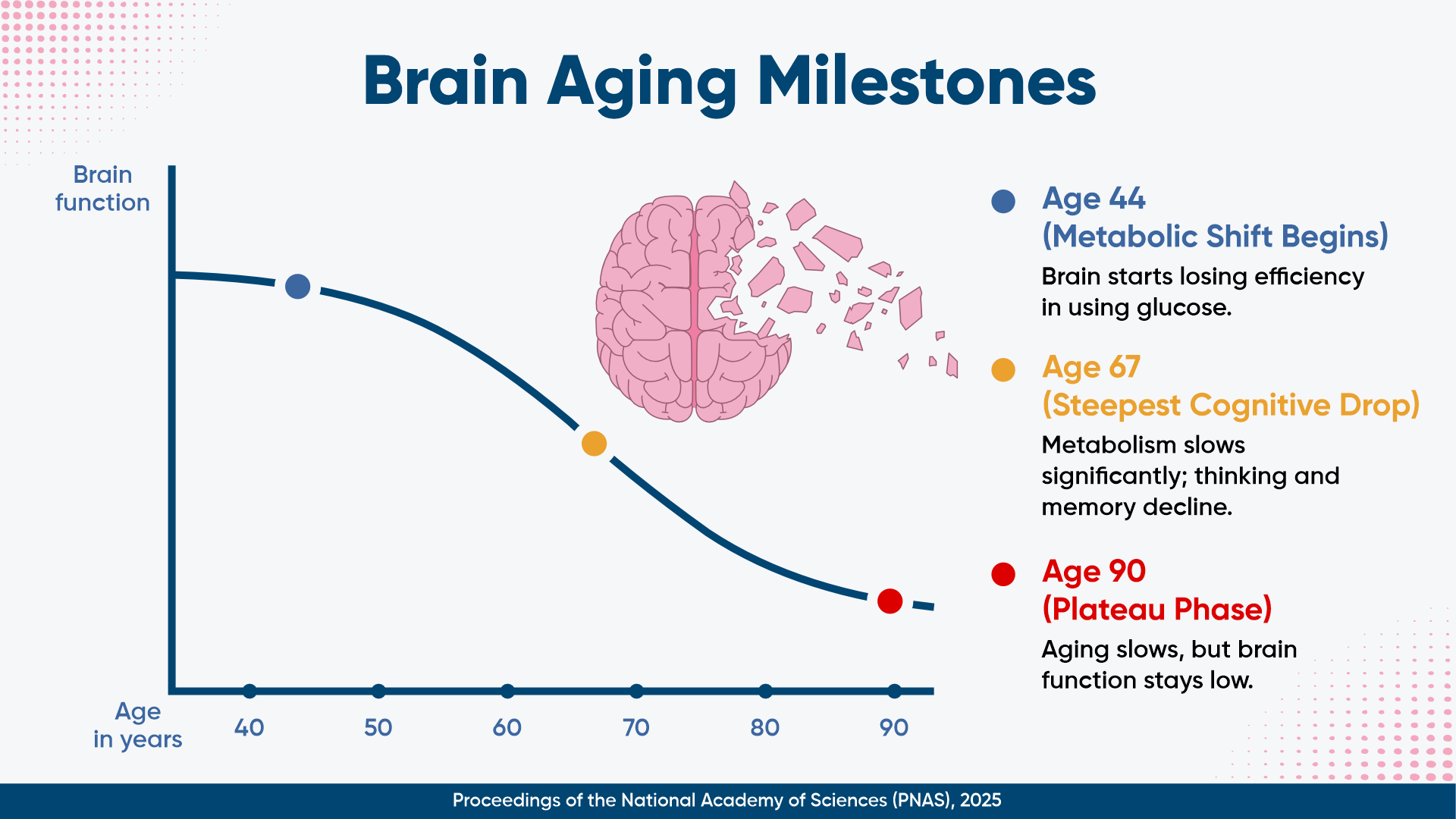
Why Energy Matters for Brain Function
Your brain is a high-energy organ. It uses up to 20% of the body’s glucose, even at rest. When brain cells can’t access enough energy, they begin to falter—affecting everything from decision-making to memory.
This is why many experts are looking at diet as a key tool in fighting brain aging. Recent coverage from Medical News Today explores how a ketogenic diet—rich in healthy fats and very low in carbs—may help the brain bypass glucose resistance by using ketones as an alternate fuel source. Some early research even suggests keto-like strategies could slow or reduce cognitive decline in at-risk individuals.
More Than Diet: Clean Living for a Clearer Mind
While nutrition is crucial, it’s only part of the equation. Emerging science shows that your environment—particularly air quality—also plays a major role in brain health.
Long-term exposure to airborne pollutants, such as PM2.5 (fine particulate matter), has been linked to faster brain aging and higher risks of Alzheimer’s disease. Toxins in the air trigger inflammation and oxidative stress in the brain, both of which accelerate cognitive decline. According to studies from USC and The Lancet, improving indoor air quality may directly lower the risk of age-related cognitive impairment.
That’s why investing in a clean, low-toxin environment is more than a lifestyle upgrade—it’s a neurological safeguard.
Stay Active, Stay Sharp
Of course, your daily habits play just as big a role. Staying physically and mentally active is essential to preserving brain health. Regular exercise boosts blood flow to the brain, supports neurogenesis, and strengthens neural connections that are vital for learning, memory, and mood. Just as important is staying socially and intellectually engaged. Whether it’s joining a book club, learning a new skill, or having regular conversations with loved ones, stimulating your mind can delay cognitive decline and improve emotional well-being. Research shows that people who remain both physically and socially active age more gracefully—with stronger mental faculties and a lower risk of dementia.
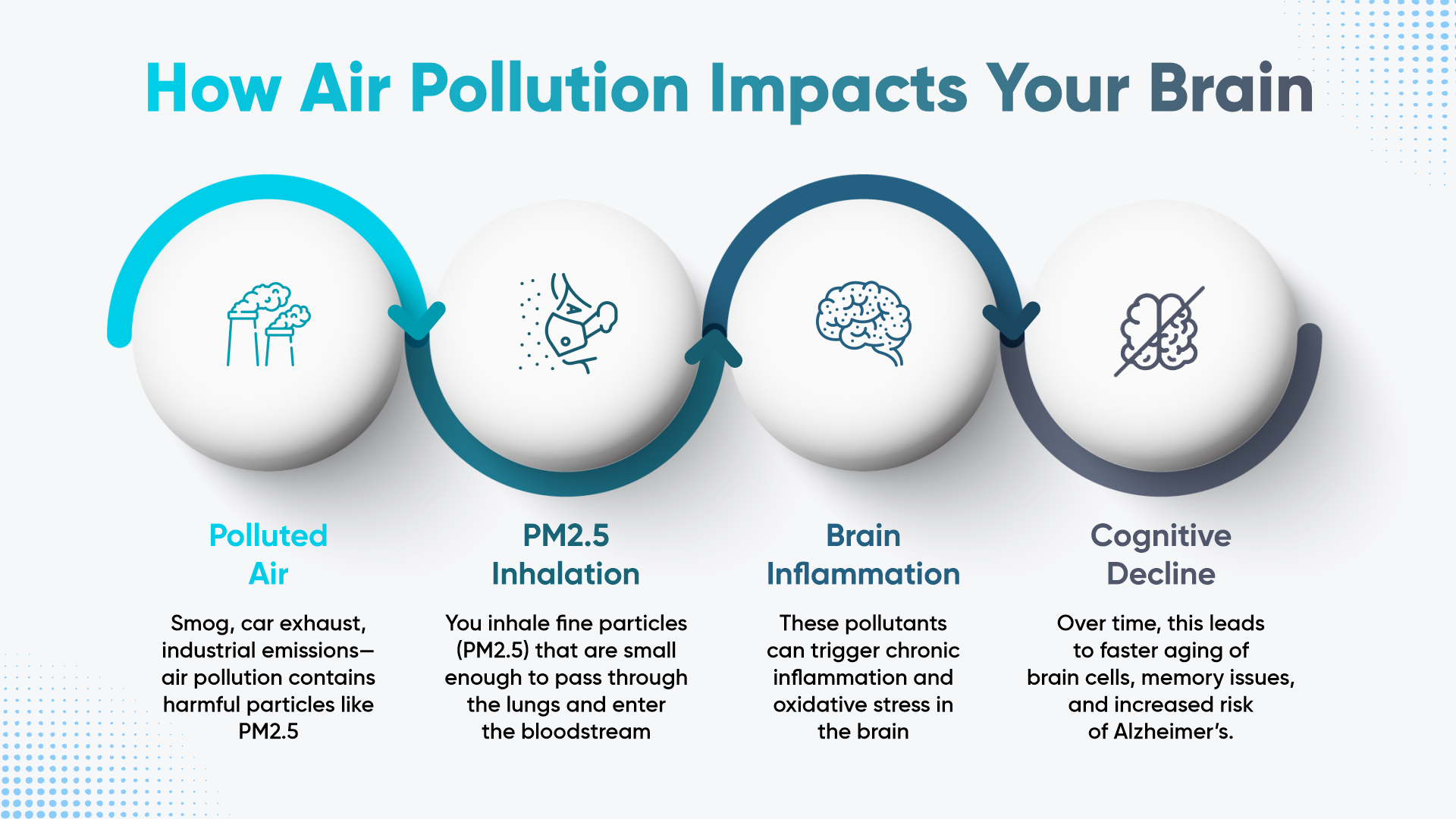
Higienis Indonesia: Investing in a Brain-Healthy Home
This is where your home environment—and the tools you use to keep it clean—can make a powerful difference. Higienis Indonesia’s air purifiers are designed to trap harmful pollutants like PM2.5, VOCs, and allergens, keeping your indoor air fresh and protective of your brain.
Meanwhile, Higienis steam cleaners allow for deep, chemical-free cleaning of surfaces—eliminating bacteria, viruses, and irritants without the use of harsh synthetic cleaning agents that can pollute indoor air over time.
Together, these products help create a low-toxin, high-purity environment—a smart long-term investment not just for your lungs, but for your brain.
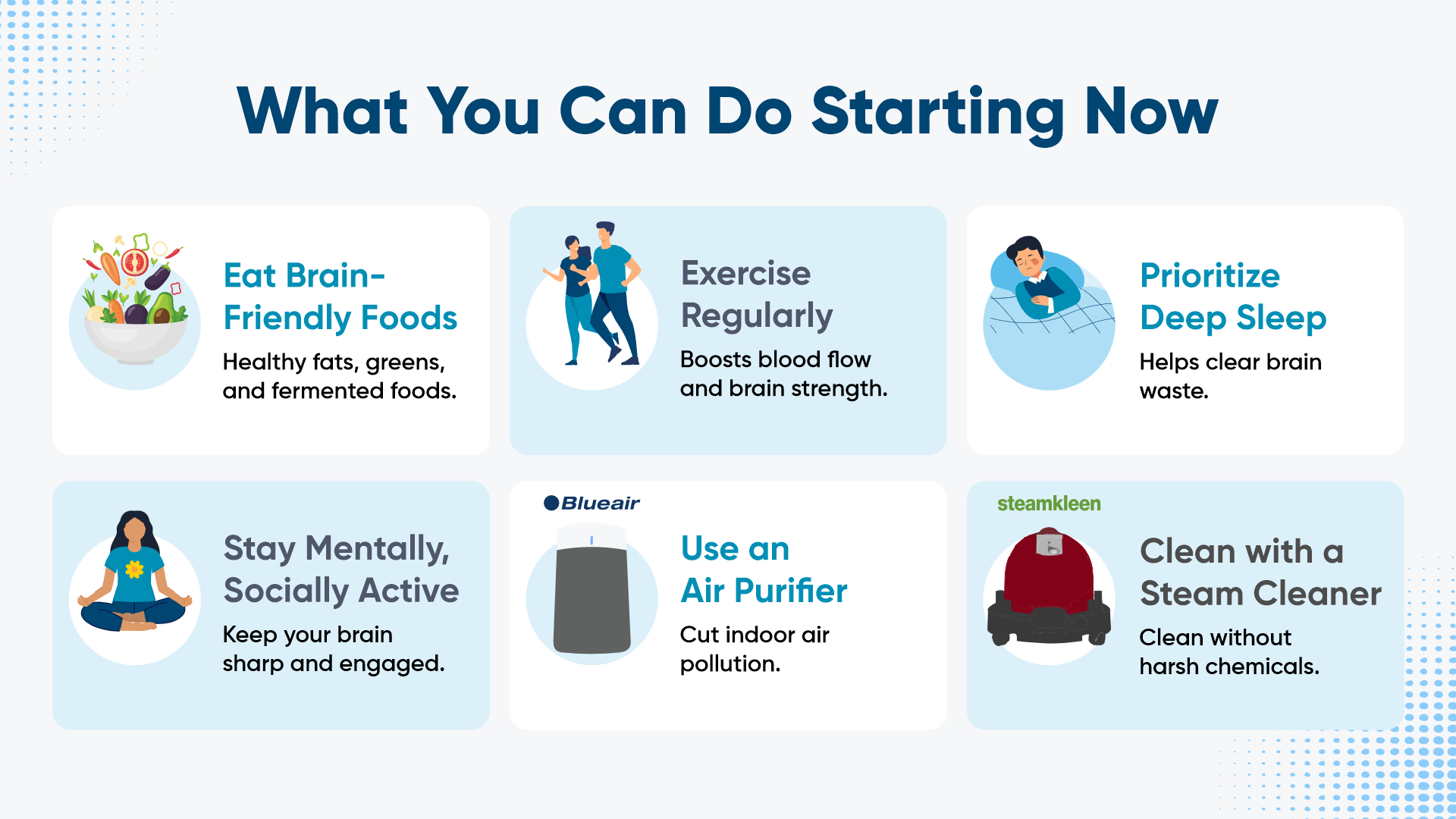
Aging is inevitable—but cognitive decline doesn’t have to be. By understanding these key transition ages and acting early, we can give our brains the best chance to stay sharp, focused, and resilient—well into our later years.
Start by cleaning up your air. Your brain will thank you.
Sources:
This Is The Age When Your Brain Starts Aging Faster – And It Starts A “Critical Window” | IFLScience
Scientists Pinpoint the Age When Your Brain Declines the Fastest
Brain strangely starts deteriorating faster at age 44, study finds | The Independent

 Blueair Blue Pure Max 3450i Air Purifier with Particle + Carbon Filter - Medium Room - 43 m²Special Price Rp. 6,070,500 Regular Price Rp. 6,390,000
Blueair Blue Pure Max 3450i Air Purifier with Particle + Carbon Filter - Medium Room - 43 m²Special Price Rp. 6,070,500 Regular Price Rp. 6,390,000
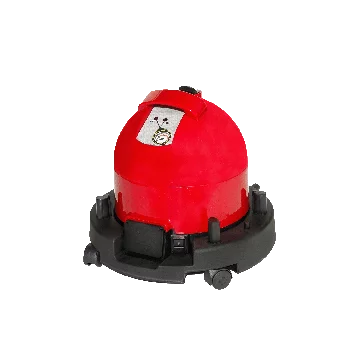 Steamkleen HOMEPROSpecial Price Rp. 13,500,000 Regular Price Rp. 15,000,000
Steamkleen HOMEPROSpecial Price Rp. 13,500,000 Regular Price Rp. 15,000,000

